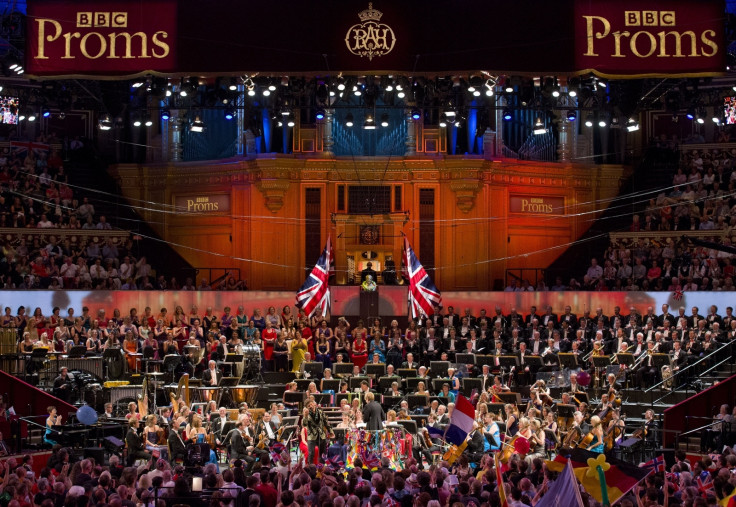Attorney General asked to investigate Royal Albert Hall over marked-up ticket prices
Charity Commission had previously voiced concerns over the commercialisation in the private sale of tickets.

Britain's charity regulator has reported the Royal Albert Hall to the Attorney General over tickets sold at marked-up prices.
According to a Daily Telegraph investigation, the Charity Commission has formally asked Britain's top law officer, Jeremy Wright, to intervene in an ongoing row over how the hall is run. The regulator has urged Wright to appoint a judge-led tribunal to examine the 150-year-old icon's constitution.
The main issue centres around the fact the Royal Albert Hall trustees are allowed to own seats privately, whose tickets are then sold on at a price much higher than face value.
Members of the public who funded the hall's construction in 1860 were given the rights to seats, which could then be sold to the free market or passed down to future generations.
Of the hall's 5,000 seats, 1,275 are owned in such a way and 19 of the hall's 25 trustees are seat owners, which means they can have a say in which events can be included in private ticket sales.
That is of particular concern for the commission, which has previously voiced worries over the "scale of commercialisation in the private sale of tickets".
Last year, the charity-run hall proposed to address the regulator's concerns by asking parliamentary lawyers to change its constitution. However, according to the Telegraph, the Charity Commission has told the hall it can not spend charitable funds in such a way, as it would not address the "central issue".
"The perception that charity trustees are in a position to benefit financially from their role is very damaging," a spokesman for the Charity Commission was quoted as saying by Telegraph.
"We have been engaged with the charity for a number of years to address concerns about the charity's governance, yet the trustees have been unwilling to deal with a number of the central issues to our satisfaction in a timely manner.
"Having considered the matter carefully, we have now refused permission for the Hall to spend charitable funds to promote a parliamentary bill to implement its governance review as we do not believe this to be in the best interests of the charity."
Richard Lyttelton, a former president of the venue, said it was time for the Royal Albert Hall to update its constitution to ensure it closed down the loophole represented by internet sales. To do so, a bylaw introduced in 1967, which bans sales of tickets in and around the venue, would have to be updated.
"The internet didn't exist in 1967 and frankly, such abuse of privilege was unconscionable in those days," he said.
"Regrettably the combination of an archaic 19th century constitution and relatively recent commercial opportunities afforded by the internet eventually proved irresistible to a small cadre of investors encouraging them to take control of what is the nation's village hall."
© Copyright IBTimes 2025. All rights reserved.






















